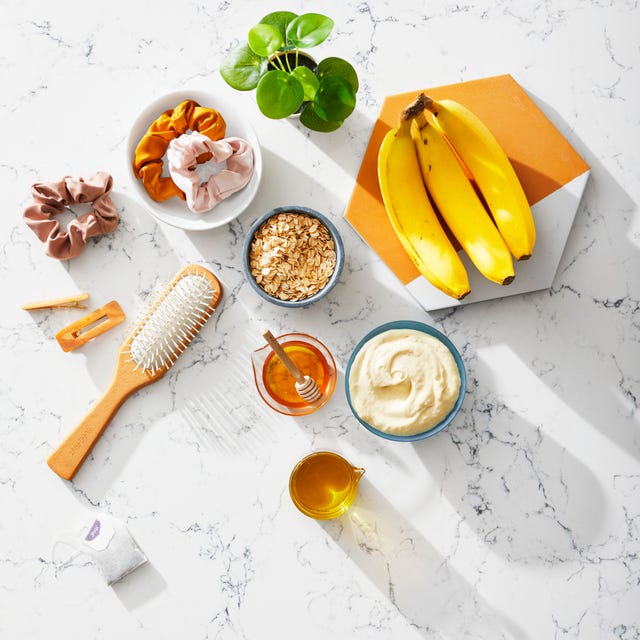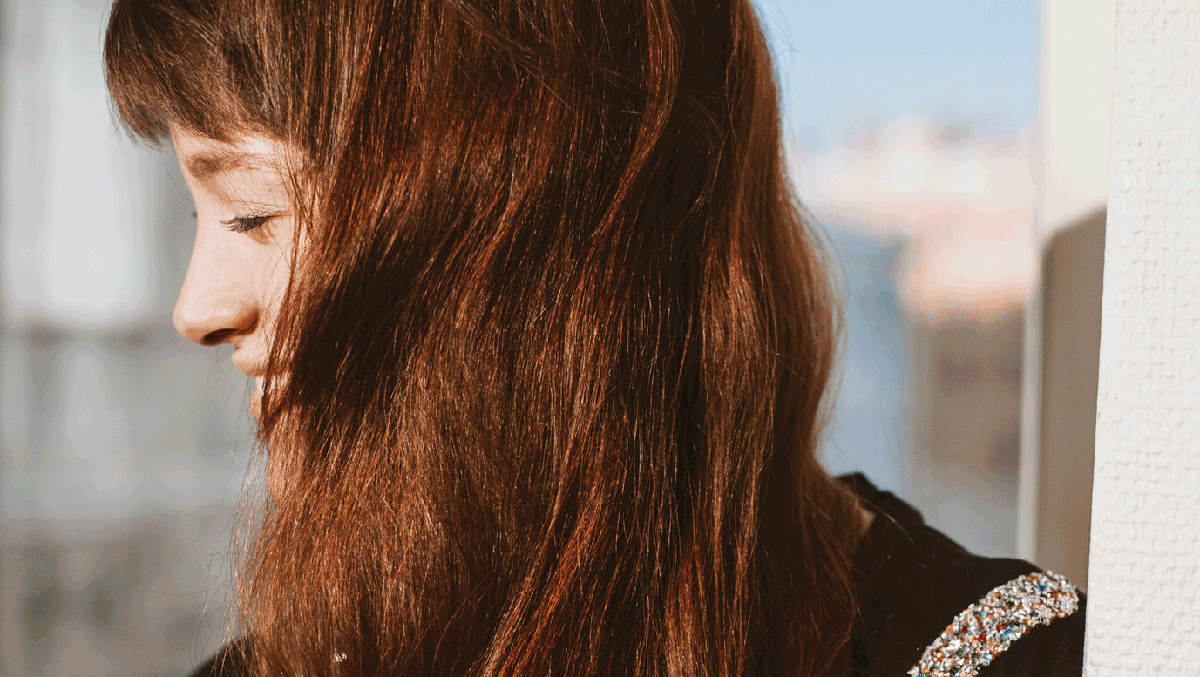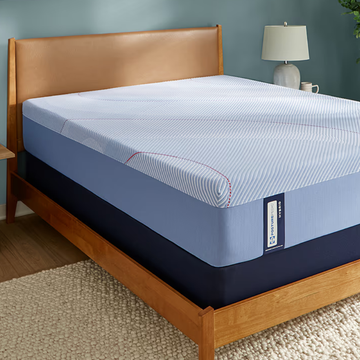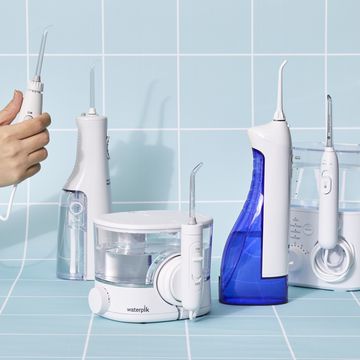15 DIY Hair Masks That Actually Work
Hair mask recipes for growth, repair, frizz, dandruff, and more.

We've been independently researching and testing products for over 120 years. If you buy through our links, we may earn a commission. Learn more about our review process.
Whether it's damage, dryness, flakes, frizz, or fading, we all run into some type of hair issues. While there are lots of great treatment masks available, there is another option: homemade hair masks. Put on your chef's hat and head straight to your kitchen for everyday ingredients that you can whip into a DIY mask using a few simple pantry staples.
Our experts are on board with making your own masks, but "like anything prefaced with DIY, you have to proceed with caution," says Mona Gohara, M.D., a board-certified dermatologist and Associate Clinical Professor of Dermatology at Yale School of Medicine. "You don't want the 'D' to stand for disaster!" She advises to get reliable sources "that are based on fact, not the number of followers on TikTok," like our masks listed below. "There are a lot of ingredients that can make hair dry and brittle and potentially irritate the scalp, which you would obviously want to avoid, but there are also some kitchen staples that can help out a struggling scalp."
Chiara Butler, Beauty, Health & Sustainability Lab Reviews Analyst at the Good Housekeeping Institute, agrees with Dr. Gohara and specifically touts coconut oil as a strong pantry ingredient with hair-protecting benefits. "Coconut oil can penetrate the hair shaft and prevent some protein loss from hair when used as a pre-wash and post-wash treatment, according to this study," she says.
In terms of how well DIY masks work generally, Butler feels that "they will not work as effectively as regular hair care products for cleaning, conditioning, or keeping hair manageable, as products contain ingredients like cationic conditioning agents, which are very effective at making strands smooth and preventing tangling, and those ingredients are not found in any pantry products."
Marisa Garshick, M.D., a board-certified dermatologist at Manhattan Dermatology and Cosmetic Surgery in New York, advises starting slowly when incorporating any homemade mask into your routine. "In general, DIY masks can be incorporated one to two times per week or once per month depending on the specific concern," she says.
Below, we've compiled the best DIY hair masks for all of your biggest woes, from an irritated scalp to dull hair to damage and dryness. Shiny, lustrous hair is only a hair mask away—and you never even have to leave the house.





























